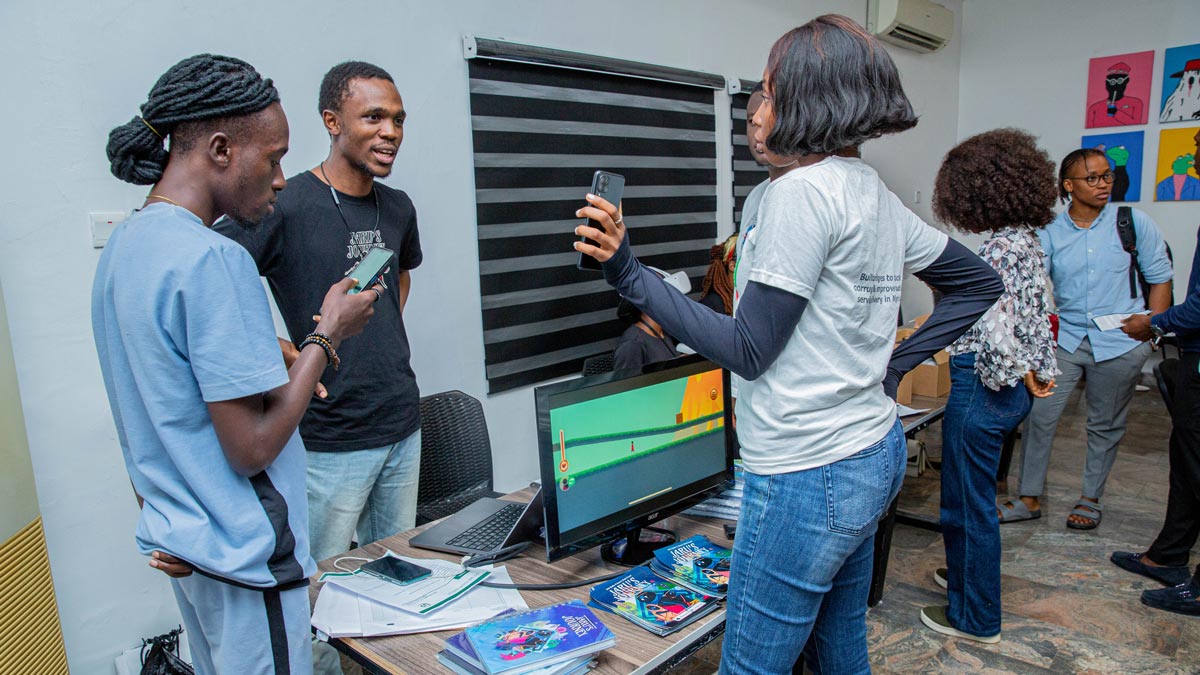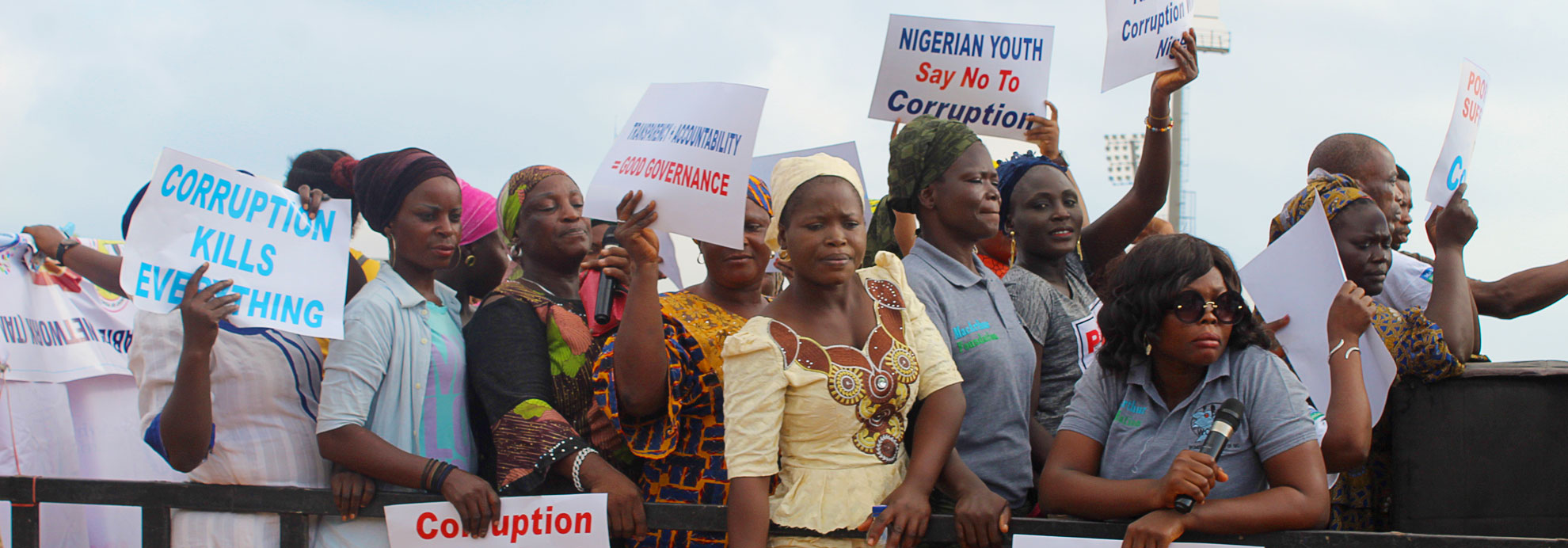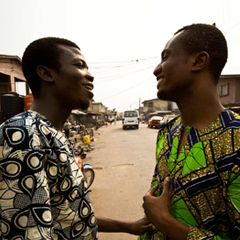Erin Sines, Co-Director, On Nigeria, shares some of the resources that emerged from our grantees’ anti-corruption efforts on behavior and norm change.
We know that to reduce corruption there must be both independent media to investigate and report corruption when it happens and civil society to demand change and justice. When we designed our On Nigeria Strategy, we wondered: what would it take to prevent corruption before it happens?
This led us to fund an array of behavior and norm change efforts—from faith-based work with Pentecostal preachers to animated films that encourage young people to think about what integrity looks like in their communities.
We thought of this work as an experiment, because the field that combined behavior and norm change and anti-corruption was relatively new, and as a complement to the more traditional law and order approaches to anti-corruption.
Nearly nine years later, On Nigeria behavior and norm change grantees have produced a wealth of knowledge, tools, resources, and content.
Nearly nine years later, On Nigeria behavior and norm change grantees have produced a wealth of knowledge, tools, resources, and content. We know much more today about the beliefs that either drive, enable, deter, or prevent corrupt acts in Nigeria, and local expertise in behavioral science has advanced over the past decade.

In 2022, The Behavioral Insights team collaborated with Griot Studios to produce a mobile game, "Jaru’s Journey," that taught participants about civic engagement and voting. Credit: Griot Studio
Later this year, we look forward to sharing the results and legacy of our work, including how behavior and norm change approaches helped to strengthen the accountability ecosystem in Nigeria.
In the meantime, below are several useful resources to continue this important work.
Chatham House’s Africa Programme
This team has been collecting state-level data on the drivers of corruption in Nigeria since 2016. They have produced research papers on judicial bribery and procurement fraud, vote selling, bribery in the education sector, and more. They also created a toolkit for identifying social expectations that drive and sustain corruption behavior and behaviorally informed recommendations to change them.
Besa Global
This organization collaborated with Policy Innovation Center to conduct research on how gender and faith norms interact with social norms to drive informal payments in healthcare settings—a new area of inquiry for our field. The findings suggest that there is a complex web of social pressures that healthcare workers face around gender, religion, professionalism, and community life, which means that anti-corruption efforts must be multi-layered.
The Behavioral Insights Team
This global social purpose company created a microsite of trainings and resources for anti-corruption practitioners to use behavioral insights and human-centered design principles for social change.
Step Up and Shehu Musa Yar’Adua Foundation
These organizations created compelling anti-corruption content for adults and animated films for young people to encourage and facilitate conversations about integrity and public engagement.
These are just a few examples of the innovative research, tools, resources, and programming that On Nigeria grantee partners have created. We hope that others in the field are inspired to use and build upon these ideas and approaches, so we can continue to create momentum to push back against corrupt acts.





